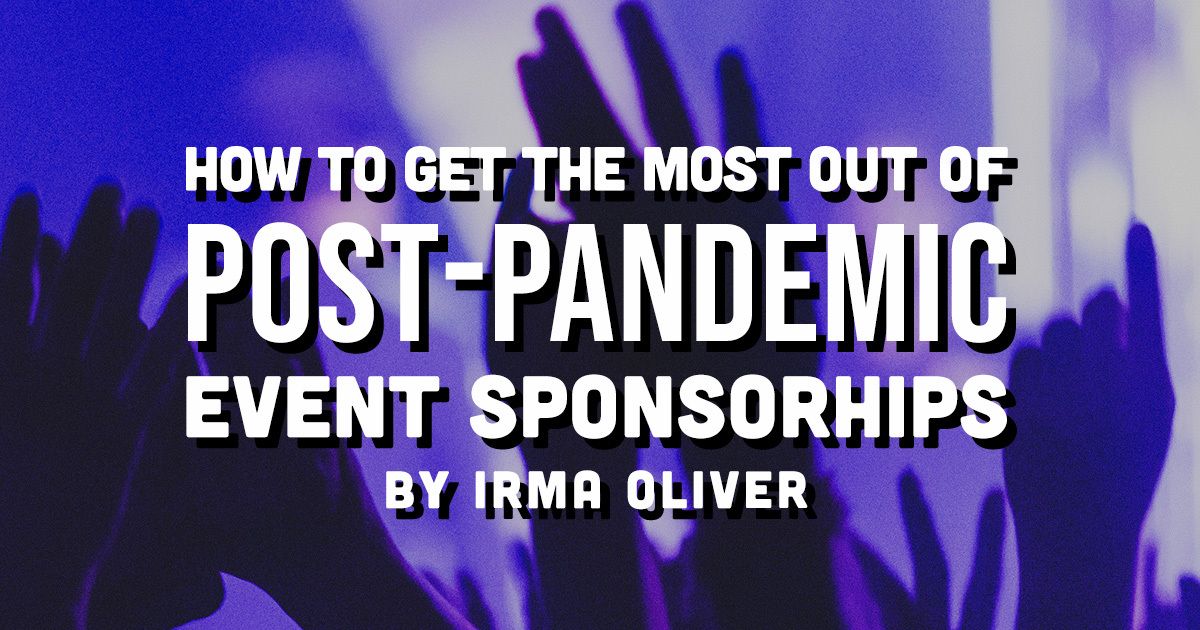COVID-19 has drastically changed event sponsorship and attendance in the last year. From industry conferences to recruiting career fairs, most events were either canceled or switched to virtual formats. With vaccinations more widely available and cases decreasing, we’re seeing the return of in-person sponsorship opportunities. As your business navigates in the post-pandemic world, here are some tips to consider when deciding whether an in-person event is a good option.
- Review your marketing strategy and goals. Before you invest in a sponsorship, make sure event sponsorships align with your organizational goals and marketing strategy. Event sponsorships can be a valuable part of an integrated marketing strategy, but it’s important to understand how they will benefit your business. Define the goals you hope to accomplish—such as brand awareness, lead generation, or establishing your business as an industry expert. For example, a college recruiter may find it beneficial to sponsor an in-person high school career fair as it is easier to establish a connection with prospective applicants.
- Find the right event. The events you decide to attend should be those that align with your strategy and help you meet your goals—for example, if your goal is to get new leads, identify events that attract attendees from that target audience. Assess the ROI of events you’ve attended in the past by reviewing key performance metrics, such as attendance levels, number of leads, and lead quality to determine the benefit of attending in the future.
- Find the right partner. Make sure the values and ethics of the event’s host organization align with those of your company and customers. If an organization isn’t perceived as ethical or trustworthy, your association with it could cause irreparable damage to your reputation and brand.
- Select a sponsorship package. Most events have various sponsorship levels and price points. Make sure the benefits included in your selected package—such as booth space, promotion in event marketing materials, signage at the venue—are worth the expense.
- Understand engagement opportunities. While an event may be described as “in-person” make sure you understand what this means in the context of COVID-19. Attendance may be limited due to public health restrictions at the venue. You should also confirm how current sponsorship packages differ from a similar pre-pandemic package. For example, a pre-pandemic sponsor schedule that included a booth and an invitation to a networking lunch may now only include a booth. Also, some events are being offered in a hybrid format, so some of the engagements will be virtual. You may find that the in-person event doesn’t offer significant advantages to its virtual counterpart.
- Ensure safety. Finally, find out what types of pandemic precautions (e.g., masks, social distancing) will be in place during the event to keep sponsors and attendees safe. Also, if you are traveling to attend the event, COVID-19 restrictions at your destination could be very different than your local restrictions. Do your research before the event so you can come prepared.
To learn more about developing a strategy for event sponsorship, contact LMD.
